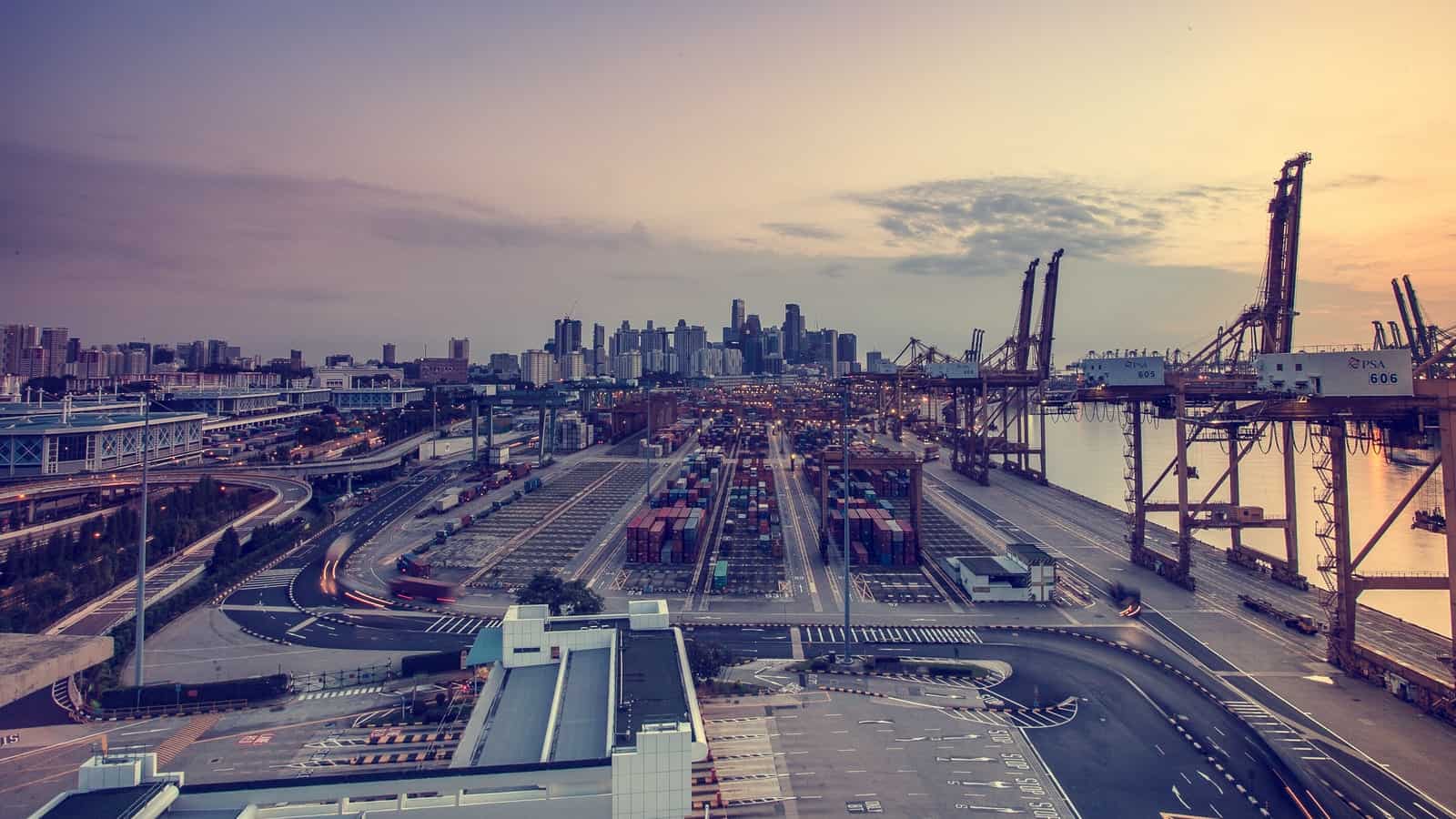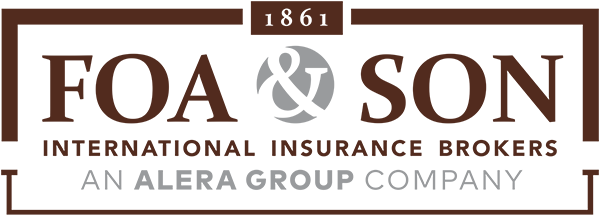
By Michael Lieberman —
As the spread of COVID-19 continues to disrupt global supply chains, many owners of food and beverage businesses are wondering whether their commercial insurance programs will reimburse them for lost revenues. Lost revenues can stem from not being able to receive an international shipment, to not having the same level of demand from customers, to the cancellation of trade events that are responsible for a good chunk of annual sales.
Several types of business insurance may reimburse business owners for some income losses triggered by supply chain disruptions and lost sales, but there’s a catch: In most cases, affected businesses must have direct property damage to collect.
Because of this requirement, seafood and other food item importers, food processors, and distributors will probably not be covered by their property insurance policies for business interruptions that occurred as a result of COVID-19. There are always exceptions, but generally speaking, finding coverage will be an uphill battle.
However, several other lines of insurance could potentially come into play if disruption from the coronavirus pandemic persists:
Two Types of Business Interruption Coverage
Business interruption coverage included in commercial property policies may cover lost income due to disruptions caused by the pandemic, but it usually requires direct property damage to covered locations. It also includes a waiting period of several hours to several days before coverage begins. For example, in 2012 when Hurricane Sandy downed power lines, cutting off power to numerous restaurants and food storage facilities along the Eastern Seaboard, the coverage reimbursing many of those businesses for spoiled inventory didn’t start until 72 hours after the interruption occurred.
In some cases, business interruption insurance might cover income losses that occur due to a government-ordered shutdown, also known as “civil authority.” But the policies typically only cover closures that were ordered because damage to adjacent properties prevented access to an affected business, such as when shops surrounding New York’s World Trade Center shut down for several weeks following the 9/11 terrorist attacks.
Contingent business interruption insurance policies also may reimburse a food and beverage importer if one or more of their key suppliers are unable to deliver promised goods. But that coverage typically requires that those suppliers sustain direct physical property damage preventing them from transporting their products.
Navigating Marine Cargo Insurance
Marine cargo insurance covers physical loss or damage to insured goods when they are transported by cargo ship. But most of these polices include “delay” exclusions, for example, if fresh produce spoils because it is delayed in transit, it might not be covered. Some marine cargo policies contain endorsements that cover additional expenses and lost profits that occur as a result of trade disruption. However, only specified events, such as embargoes, expropriation, nationalization, or interference with transportation, will activate this coverage.
Event Cancellation & Product Contamination
Event cancellation insurance reimburses businesses if a scheduled event is canceled or postponed as a result of certain “covered events” as defined in the policy. Those coverage triggers usually require direct property damage like a fire or a catastrophic weather event, such as a hurricane, but it also may include government-ordered quarantines barring individuals from attending public events to prevent the spread of COVID-19.
Food and beverage businesses also can buy product contamination insurance to cover damage or loss to perishable stock if it is contaminated by a biological agent, such as COVID-19. However, insurers have been tightening the language in these policies to make this coverage more restrictive.
Liability Policies May Respond
If a customer sues your business claiming they contracted food poisoning as a result of dining in your restaurant or eating your food product, liability coverage may respond. In addition to paying legal fees to defend the suit, liability insurance will also pay any medical expenses incurred by customers, as well as any out-of-court settlements or jury awards levied against the business owner.
Contingency Planning is Key
Although a variety of commercial insurance policies are available to provide some financial protection to food and beverage industry businesses hampered by supply chain disruptions, coverage may not make a business completely whole after a loss. Therefore, a well-thought-out contingency plan is equally critical to minimize damages and income loss. That plan should be flexible enough to make adjustments when a disruption occurs. For example, when several west coast ports experienced labor shortages in 2014, companies moved goods by air. There was an additional cost, but it provided an alternative way to get their products to market.
The current outbreak of the novel coronavirus capturing the world’s attention provides some valuable lessons for food and beverage importers that rely on international suppliers. People in the food and beverage industry may consider the COVID-19 outbreak as a “Black Swan”, but any number of events such as hurricanes, earthquakes or labor shortages can spark supply chain disruptions. That’s why it’s critical for food and beverage industry importers to have broad insurance coverage and a solid business continuity plan in place to withstand any type of supply chain disruption.
Connect with Michael Lieberman to discuss insurance coverage and contingency planning today.


